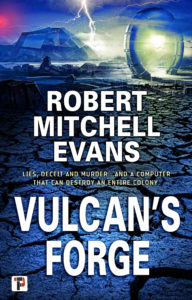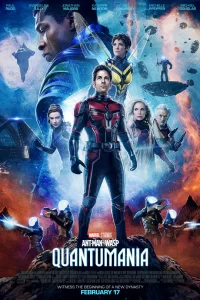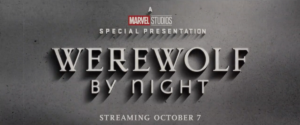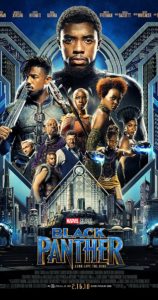.
Disney+ released the final two episodes of Agatha All Along Wednesday night completing the series just one day before Halloween.
Agatha All Along continues the story of Agatha Harkness, a witch from colonial times, that attempted to steal the powers of the Scarlet Witch and when best by that former Avenger found herself enchanted to never remember herself and live out her life in the small New Jersey Town of Westview.
Agatha opens with Agatha believing herself to be Agnes an overworked homicide detective when a chance encounter with an unnamed teenage boy breaks the spell. Together the Teen and Agatha assemble a coven in order to walk the witch’s road a mystical quest that, if the witch survives, grants the witch what is missing most from their lives. However, there are secrets, betrayals, and unimaginable dangers along the road and before the end truths and unspoken identities will change everything and everyone who treads that dangerous trail.
Created and show run by Jac Shaeffer, who was a principal creative behind WandaVision the preceding series in this storyline, Agatha All Along is a creative, inspired, and entertaining journey. Eschewing, for the most part, massive CGI fueled combat, the battles in Agatha are ones of the soul and of character which the series presents in spades.
Harkness remains a selfish and bitter villain with a flair for the sarcastic cutting remark so ably deployed by actor Kathryn Hahn. Joe Locke as the unnamed Teen pulls off a performance that late in the series shows surprising depth as his secrets are revealed. Rounding out the cast of the series is Aubrey Plaza as Rio a former lover and enemy of Agatha’s, Patti Lupone as an ancient witch possessing a unique relationship with time, Ali Ahn as Alice a witch that specializes in protection magics but suffering under a familial curse, Sasheer Zamata as Jen a potions witch who magic has been taken by an unknown enemy, and Debra Jo Rupp reprising her role from WandaVision.
Agatha All Along is a series that revels in its femininity, its queerness, and its celebration of a ‘superhero’ story that isn’t fixated on masculine muscles. It is well worth the watch.
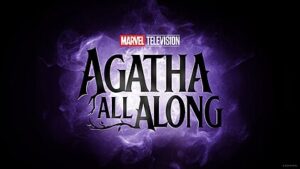

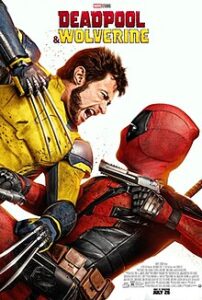
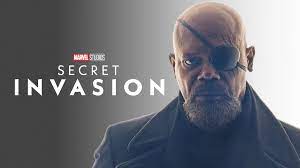 .
.